
Towards our goal of understanding memory performance in the aftermath of an MBO event, we conducted a series of standard episodic memory paradigms on participants who reported experiencing at least 9 MBOs in the preceding 12-months (MBO group). We compared their performance with a control group who have never experienced memory loss as a result of binge-drinking. We employed a free recall task as a baseline for memory retrieval performance, and a serial recall task to assess memory for events in their order of occurrence 36. We also added a depth of encoding manipulation to an immediate and delayed free recall task which compared recall for items embedded within a sentence context (deep encoding condition) vs. orthographic changes in items (shallow encoding condition). We did this to investigate if recall for items embedded in a context is affected more by an alcohol-induced MBO compared to our shallow encoding manipulation. The delay component (three minutes) within the depth of encoding task was included to assess the impact of frequent MBO events on memory consolidation over time.
Lifestyle Quizzes
Substance misuse on its own or with alcohol can increase your likelihood of experiencing a blackout. Hypnotics or sedatives and benzodiazepines like flunitrazepam (also known as Rohypnol or roofies) can also lead to blackouts or brownouts. Red arrows show the between group comparisons, comparing control and MBO participants before and after-alcohol. The green arrows highlight the design for the analysis of the MBO group data only. For this reason, alcohol use problems often must be part of the PTSD treatment. If you have PTSD, plus you have, or have had, a problem with alcohol, try to find a therapist who has experience treating both issues.
Women’s Increased Risk for Trauma-Induced Emotional Distress and Alcoholism

It’s easy for those who have ever been drunk or tried to think back on their youth, to assume that alcohol and age always impair your memories. Researchers are working to include studies with female participants with AUD. For a brief moment, you may become trapped in the past or separated from reality.
National Institute on Alcohol Abuse and Alcoholism (NIAAA)

She avoided numerous situations reminiscent of her earlier experiences, including her childhood home and movies and news items involving child abuse. She also avoided discussing her abuse history with others and attempted to suppress her own memories of what happened. She felt unable to control many of these PTSD symptoms except by drinking alcohol, but even alcohol provided only temporary relief.
How Do I Determine What is Quality in Behavioral Health Services? 5 Suggestions for What to Look For
These individuals are at higher risk to engage in unhealthy behaviors like blackout drinking, particularly if they are not receiving mental health support. Another similarity between learned helplessness as seen in animal models and PTSD is the co-occurrence of excessive alcohol consumption. The rats’ alcohol consumption did not increase on the days that they experienced the shocks, however, but did increase 1 day later. Unfortunately, this example is far too common, as people like Margaret, after an experience of sexual or physical victimization, turn to alcohol to relieve symptoms of anxiety, irritability, and depression. In this paper we present a new model to help explain how trauma’s effects on psychological distress may influence alcohol consumption.
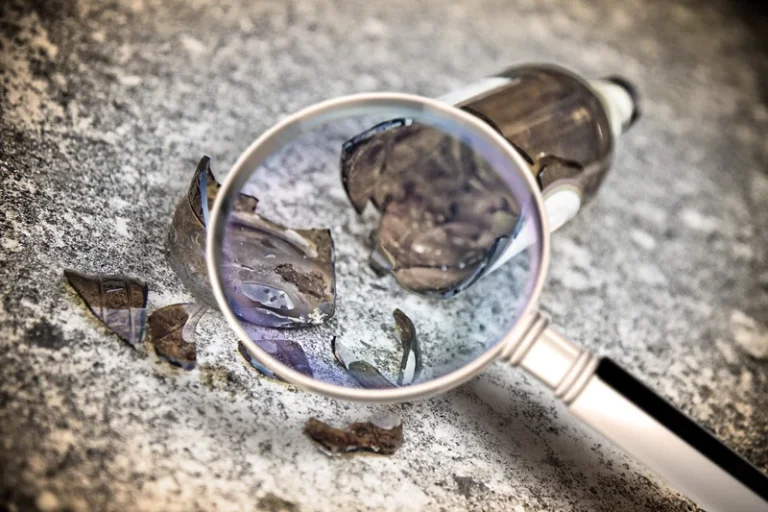

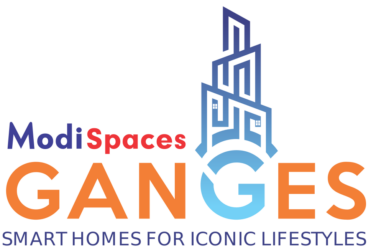


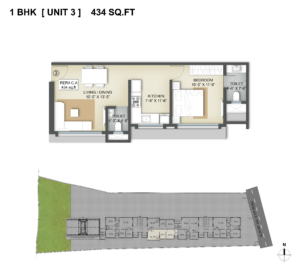



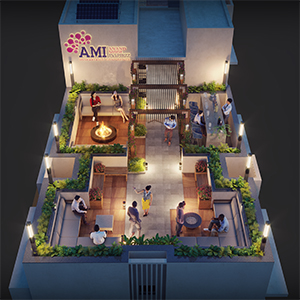



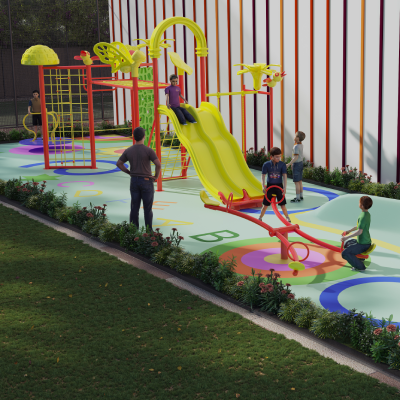











Leave A Comment